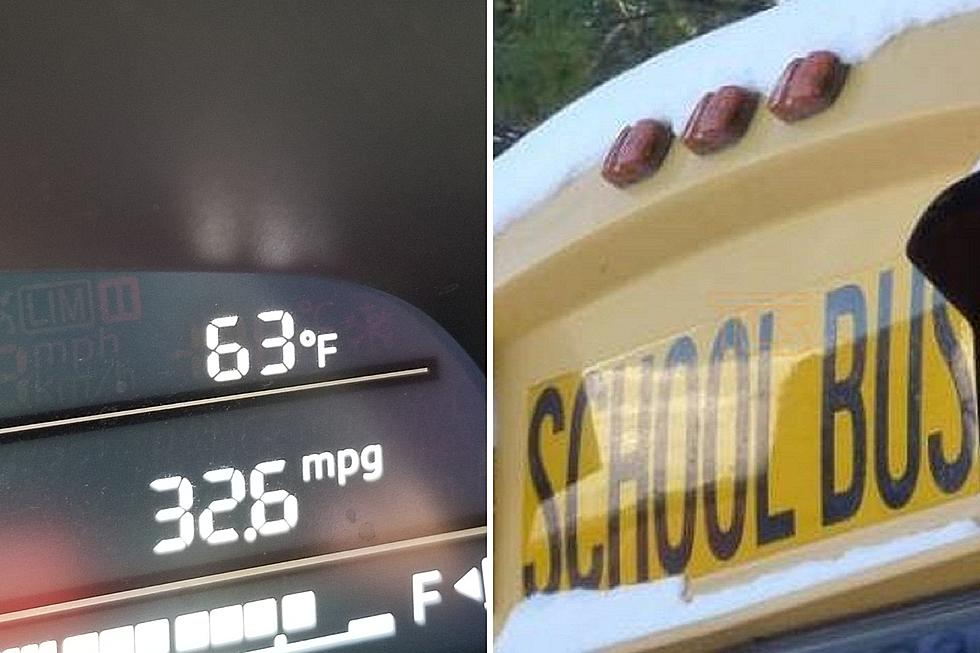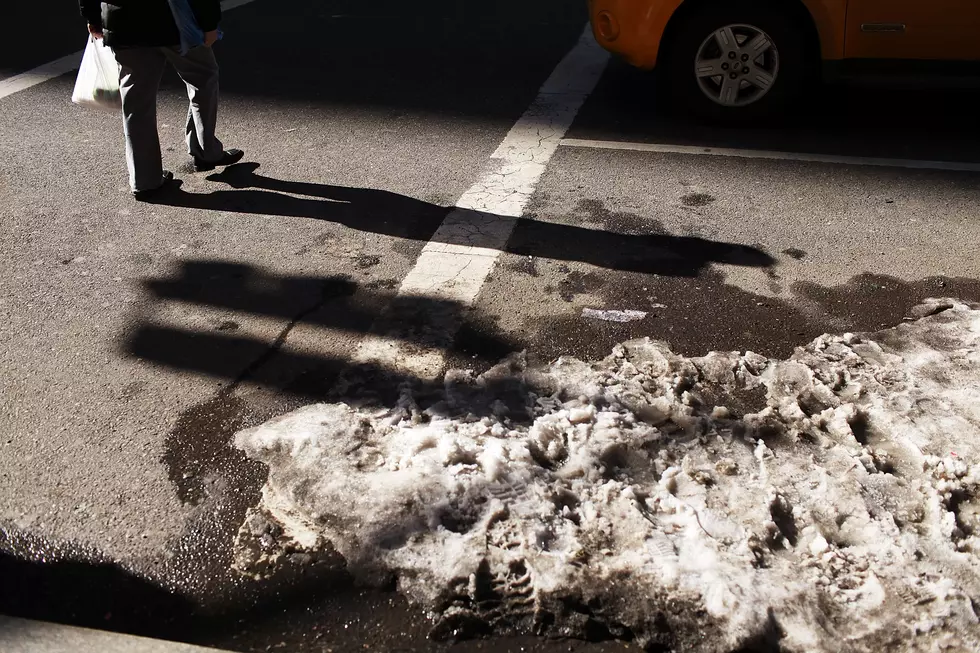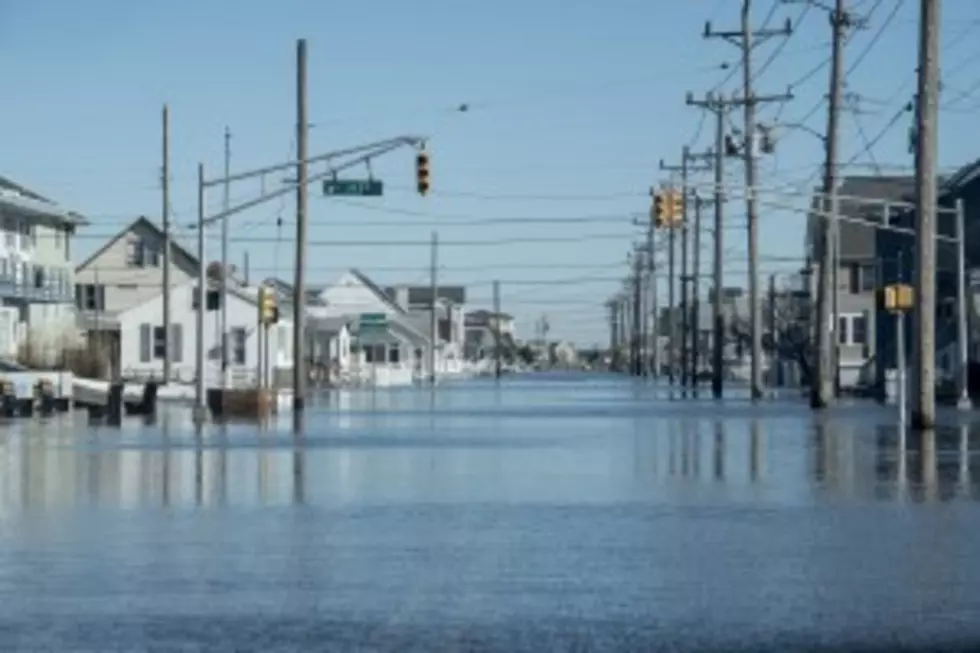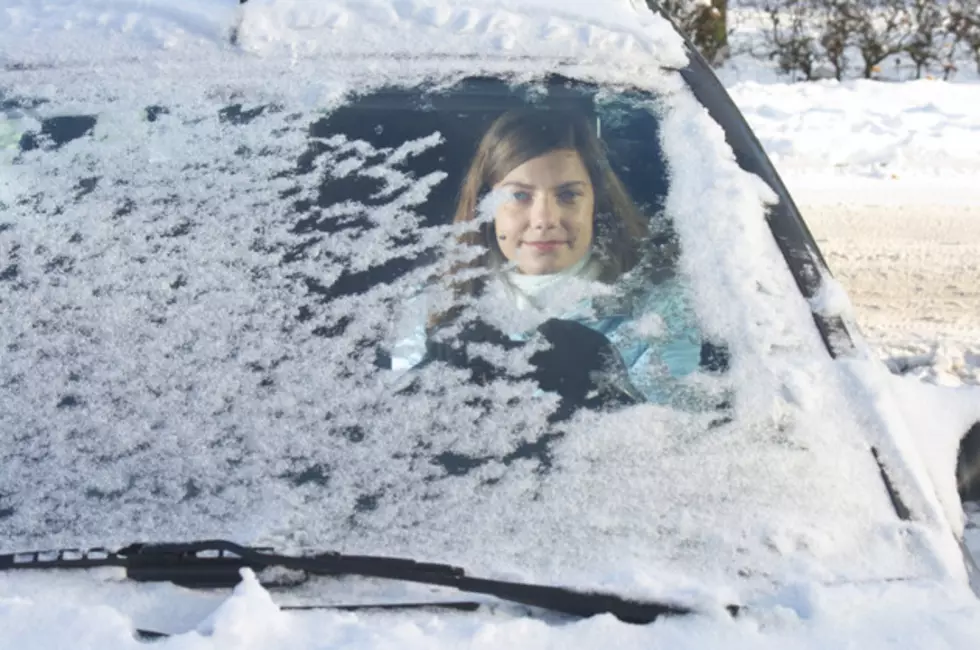Despite warnings, drivers still hitting the slippery roads
Despite the numerous warnings regarding the treacherous driving conditions as this weekend's blizzard continues, New Jerseyans are still attempting to drive, and AAA Mid-Atlantic says the results aren't good.
As of 10 a.m., there were already 125 vehicles that had to be towed from state roadways after getting stuck, breakdowns and weather-related accidents.
“AAA Mid-Atlantic emergency roadside assistance crews are experiencing numerous motorists in the region who are ignoring the warnings to stay off the roads,” Sue Madden, spokesperson for AAA Mid-Atlantic in New Jersey said in a press release Saturday. “Motorists who venture out are moving for a bit and then getting stuck due to dangerous road conditions."
In a press conference Saturday, Gov. Chris Christie declared a state of emergency for New Jersey and again urged Garden State residents to stay off the roads.
"The smartest thing for you to do on Saturday afternoon is stay home," he said. "Stay where you are."
On Wednesday, NJ Department of Transportation spokesman Steve Schapiro stressed how important it is for drivers to slow down and allow DOT crews to do their work as the storm progresses.
“When our salt crews are out and about it’s best to stay back from them, allow them to get their job done,” he told NJ 101.5. “With a salt spreader you don’t want to be too close, because, you know, you don’t want your car getting pelted with the salt coming out.”
He said it’s also important that New Jersey drivers do not attempt to speed around salt spreaders and plows that are out on the roadways.
“They’re very focused on getting their job done and it’s hard for them to be watching out for cars speeding by them,” he said. “We’re asking everybody to be patient and let our crews do what they need to do.”
The bottom, line, according to officials and AAA Mid-Atlantic, is to stay home, but if you absolutely have to travel, be smart about it.
"AAA continues to urge motorists to be smart about travel this weekend and stay off the roads if they can. AAA wants to keep our members and drivers safe. Vehicles that get stuck unnecessarily impede road crews and emergency responders from doing their jobs safely and effectively.”
For those who have no choice but to drive in the inclement weather, AAA-Mid_Atlantic offers the following driving and preparedness tips:
- Pack a vehicle emergency kit before you need it. Kits should include: an extra blanket, gloves, hat, socks; snacks and water; external battery source for cell phones.
- Wait for the roads to be plowed and treated before venturing out.
- Thoroughly clean off your car – remove all snow and ice before driving anywhere. Not only will failing to do so result in a ticket, but it could be hazardous and even deadly if snow slides onto a windshield impairing your view or if ice and snow fly onto other vehicles.
- Warm the car up outside the garage. Doing so inside could flood the garage with dangerous emissions.
If you do have to be on the road, AAA recommends the following tips when operating your vehicle:
- First and foremost, drive slowly, avoid cruise control and increase following distances. Normal following distances of three to four seconds for dry pavement should be increased to 8 to 10 seconds when driving on icy, slippery surfaces.
- Accelerate and brake slowly – it takes longer to slow down on snowy, icy roads.
- If you start to skid, do the following to regain control: Continue to look where you want to go and steer in the direction you want the front of the vehicle to go. Also, avoid slamming on the brakes, since it could upset the vehicle's balance and make it even more difficult to regain control. Also, wait until you regain traction before you steer again, then steer slowly and gently.
- Use the “plant and steer” method if your car has antilock brakes. Do not remove your foot from the brake or pump the pedal. If you feel the wheels lock and the brake pulse against your foot, this is normal. Continue to hold down the brake pedal as you steer.
For more information on how to drive safely in the snow, check out this video prepared by AAA:
More From New Jersey 101.5 FM









